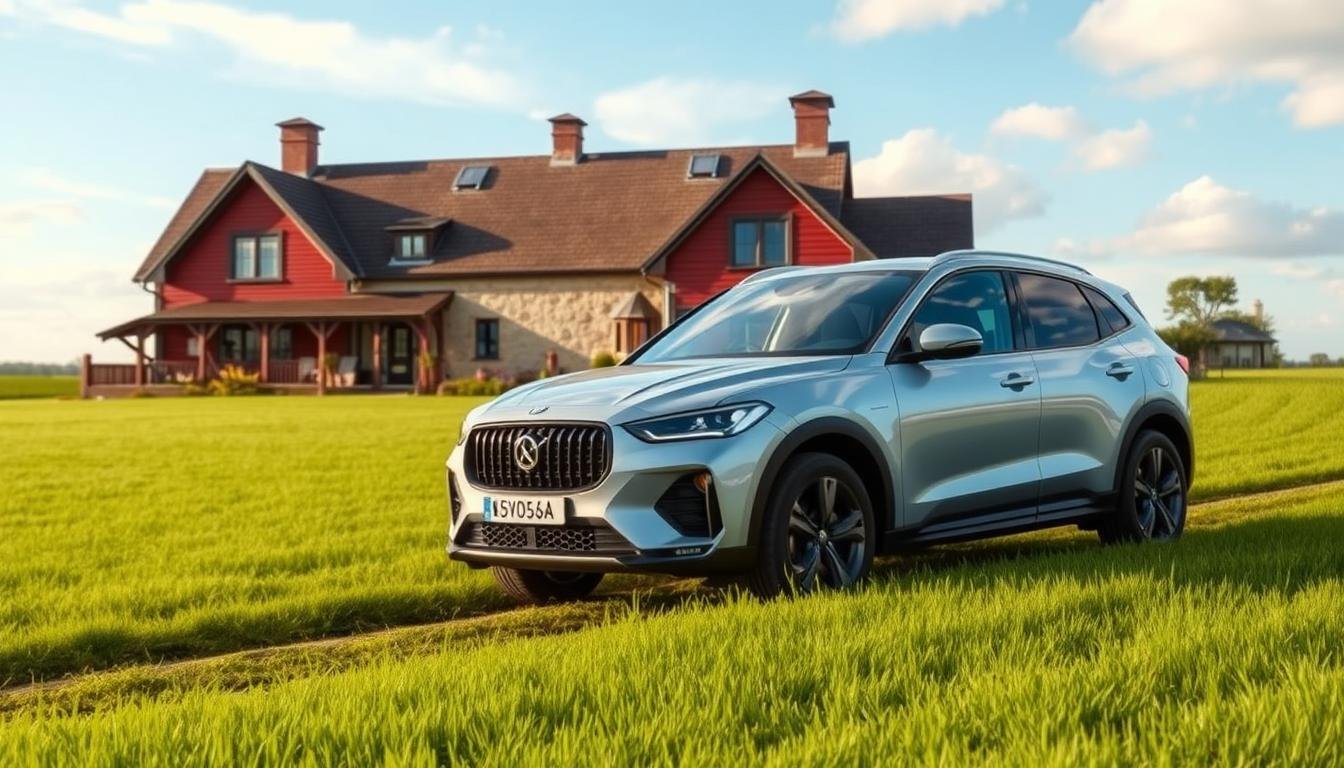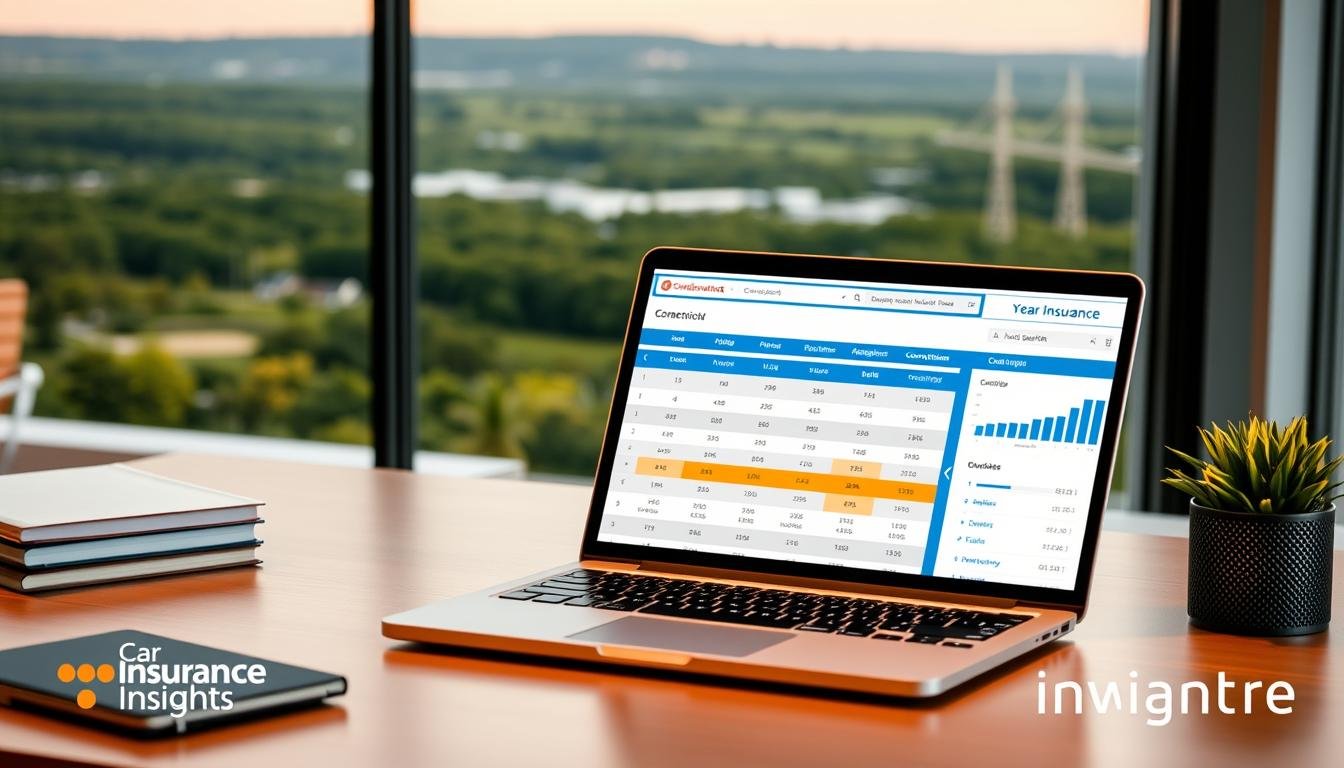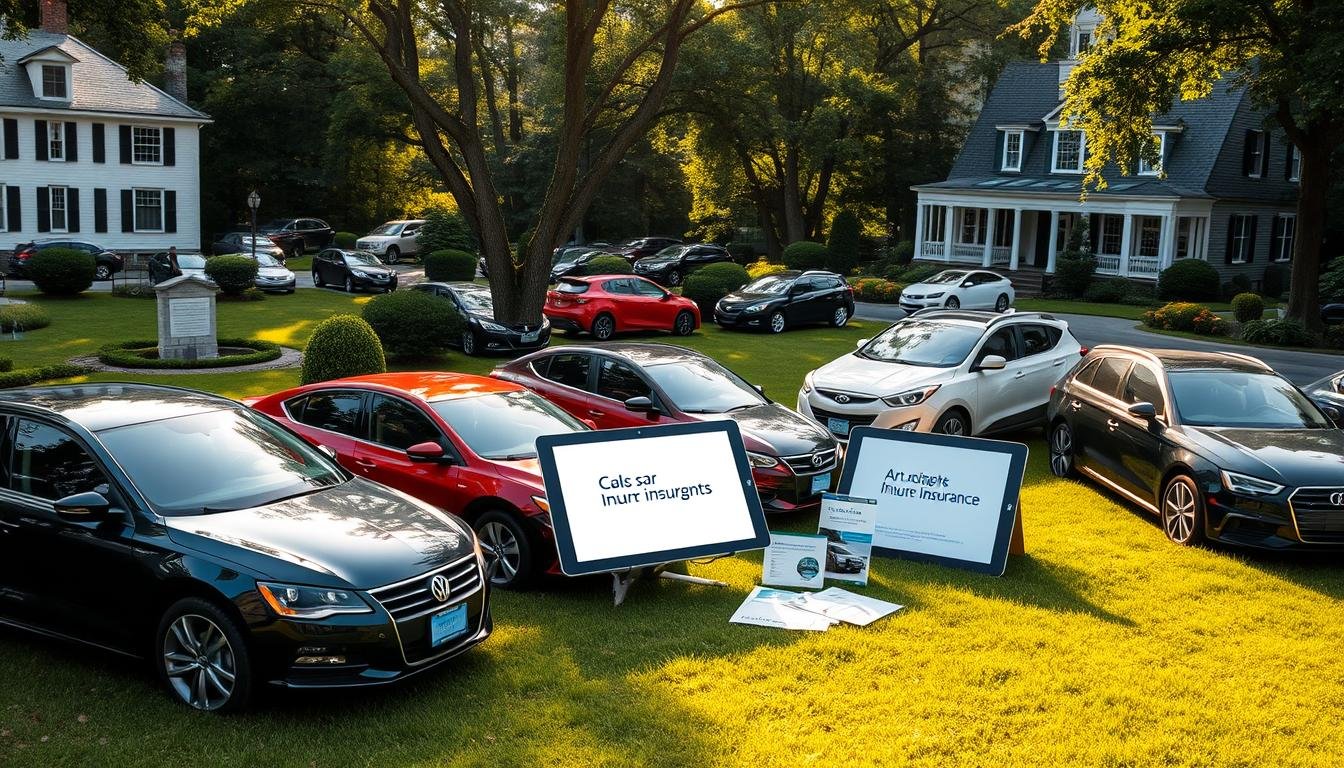As an owner of an auto repair shop, have you considered the potential risks when a customer’s vehicle is left in your care? Accidents, theft, or damage can occur unexpectedly, putting you at risk of financial loss. This is where garage keepers liability coverage comes into play, a specialized insurance policy designed to protect your business. Understanding this coverage is crucial to securing your business from the burden of costly claims and legal challenges.
Table of Contents
Key Insights:
- Garage keepers liability coverage provides essential protection for auto repair shops, body shops, and other automotive service providers, safeguarding them from claims related to customer vehicle damage.
- This policy includes both direct primary and excess coverage, addressing vehicle damage or loss while the vehicle is in the shop’s care, custody, or control.
- It’s a must-have for auto repair shops to mitigate the financial consequences of vehicle damage claims.
- Choosing the right garage keepers policy involves understanding covered risks, exclusions, and factors influencing premium costs like business size, vehicle value, and claims history.
What Is Garage Keepers Liability Coverage?
Garage keepers liability coverage is a tailored insurance policy that protects businesses involved in automotive services, such as repair shops, from liability for damages to customer vehicles while in their possession. This could include incidents like accidental damage, theft, or loss that happen while a vehicle is being stored, repaired, or otherwise handled by the business.
Definition and Purpose
At its core, garage keepers liability insurance covers your business’s legal liability for customer vehicle damage. This can range from minor scratches to major incidents like a vehicle being stolen from your premises. Without this coverage, your business would bear the full cost of repairs or replacement, posing a significant financial risk.
Why Auto Repair Shops Need Garage Keepers Liability Coverage
For auto repair shops, ensuring you have garage keepers liability coverage is not just a good idea—it’s essential. Vehicles are expensive assets, and even minor damages can result in expensive claims. Whether it’s a fender bender in your lot or a more severe incident, this insurance ensures that your business can handle claims without facing crippling costs. Beyond financial protection, this coverage also provides peace of mind, allowing you to focus on providing excellent service to your customers.
Types of Garage Keepers Liability Coverage
When it comes to garage keepers liability, there are two primary types of coverage: direct primary and excess coverage. Understanding the difference between the two is key to selecting the policy that best meets your business needs.
Direct Primary Coverage
Direct primary coverage is the most comprehensive option available. This coverage steps in to pay for any damages to a customer’s vehicle, regardless of whether the vehicle owner has their own insurance. This ensures that the repair shop isn’t left vulnerable to gaps in the customer’s insurance policy. It’s particularly beneficial for shops that handle high-value or specialty vehicles where even minor damages could lead to significant repair costs.
Excess Coverage
Excess coverage, on the other hand, acts as a secondary layer of protection. It only kicks in once the vehicle owner’s insurance has been exhausted. While this coverage offers an additional safety net, it’s best suited for businesses that handle vehicles with robust insurance policies in place. It may offer a more affordable premium but with less upfront protection compared to direct primary coverage.
Choosing between these two options should depend on your shop’s risk profile and the types of vehicles you typically work on.
Covered Risks and Exclusions in Garage Keepers Liability
When selecting a garage keepers liability policy, it’s crucial to understand what risks are covered and what exclusions apply. Not all incidents are covered under every policy, and knowing these details can help you choose the right coverage for your business.
Risks Covered
- Damage to Customer Vehicles: Whether it’s accidental scratches or a more severe issue, your policy will cover damages that occur while the vehicle is under your care.
- Theft: In cases where a customer’s vehicle is stolen from your property, garage keepers liability will typically cover the cost of the loss.
- Natural Disasters: Some policies include protection against natural events like floods, storms, or hail that cause damage to vehicles on your premises.
Exclusions
However, there are certain risks that garage keepers liability policies often exclude:
- Wear and Tear: Damage due to everyday use or mechanical breakdowns are generally not covered.
- Employee-Related Incidents: If a vehicle is damaged due to intentional or malicious acts by an employee, this may not be covered by the policy.
- Long-Term Storage: Vehicles stored on your premises for extended periods may require additional coverage.
Who Needs Garage Keepers Liability Insurance?
Any business that handles customer vehicles should have garage keepers liability coverage. The most common businesses requiring this protection include:
- Auto Repair Shops: Mechanics and repair centers that service and maintain vehicles.
- Body Shops: Businesses focused on repairs and painting after vehicle collisions.
- Tire Shops: Locations offering tire installation and repairs.
- Car Dealerships: Dealerships often handle a variety of customer-owned vehicles, making this insurance critical.
- Parking Garages: Facilities that store vehicles are also exposed to risks and benefit from this coverage.
These businesses face significant liability, as vehicles are valuable assets that must be protected while in their care.
Calculating Coverage Limits
Determining the appropriate level of coverage requires careful consideration of several factors:
Factors Influencing Coverage Limits
- Volume of Vehicles: The more vehicles you handle daily, the greater the risk. High-traffic shops may need additional coverage.
- Business Risks: Consider the unique risks of your shop, including the types of services you offer and your location.
Selecting the Right Policy and Insurer
Choosing the right policy and insurer is critical to ensuring your business has adequate protection. Consider these factors when evaluating potential insurance providers:
- Financial Stability: Ensure the insurer is financially sound and capable of handling claims.
- Claims Handling Process: Look for transparency, efficiency, and good customer service in handling claims.
- Comprehensive Coverage: Opt for policies that cover a wide range of risks, including those specific to your business.
Claims Process: What to Do When an Incident Occurs
In the event of a claim, it’s important to act quickly and follow best practices to document the incident thoroughly:
- Document Damage: Take detailed photos and written statements to establish the condition of the vehicle before and after the incident.
- Obtain Estimates: Get repair estimates to provide to your insurer as part of the claims process.
- Cooperate Fully: Work with your insurer to resolve the claim efficiently.
Cost of Garage Keepers Liability Coverage
The cost of garage keepers liability insurance can vary significantly based on factors such as the size of your shop, the value of the vehicles serviced, and your claims history. Managing risks and minimizing claims through good business practices can help lower your premium.
What Is Garage Keepers Liability Insurance?
Garage Keepers Liability insurance protects businesses that temporarily take possession of customers’ vehicles. It covers physical damage caused by events like fire, theft, vandalism, or severe weather while the vehicle is in your care. This type of policy is essential for auto repair shops, valet services, and towing companies to avoid costly claims and maintain customer trust.
Who Needs Garage Keepers Liability Coverage?
Businesses that store, service, or move customer vehicles—such as auto repair shops, dealerships, valet services, and towing companies—should carry Garage Keepers Liability insurance. It safeguards your business against damages to customer vehicles while in your custody. Without this coverage, you could face significant out-of-pocket costs and legal exposure in the event of an accident or loss.
What Does Garage Keepers Liability Cover?
Garage Keepers Liability typically covers damage to customer vehicles from fire, theft, vandalism, or weather incidents while the vehicles are in your possession. Coverage options include legal liability, where the business is only covered if found negligent, or direct primary, which pays out regardless of fault. Choosing the right type ensures adequate protection for both your business and your clients.
Choosing the Right Garage Keepers Liability Policy
To choose the right Garage Keepers Liability policy, assess the number of vehicles you handle daily, their average value, and potential exposure to risks. Work with a qualified insurance agent to select between legal liability or direct primary coverage. A well-structured policy helps prevent financial losses and ensures you’re fully covered in case of unexpected vehicle damage.
Conclusion
Garage keepers liability insurance is a critical safeguard for any business that handles customer vehicles. It not only protects against financial losses but also enhances customer trust. By carefully selecting the right coverage and insurer, you ensure that your auto repair shop is well-protected against the unexpected.







